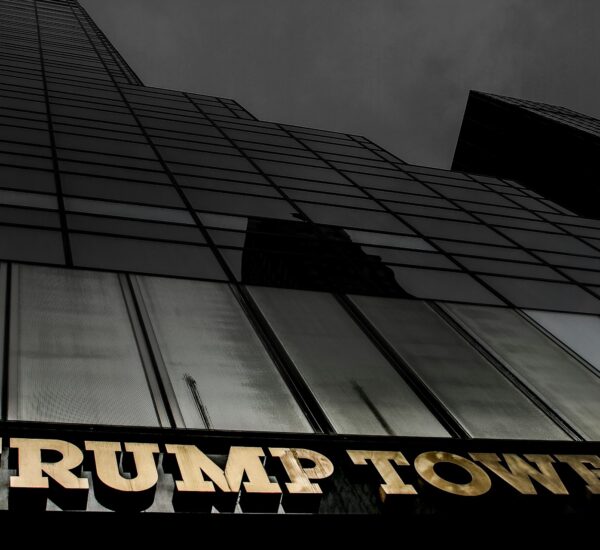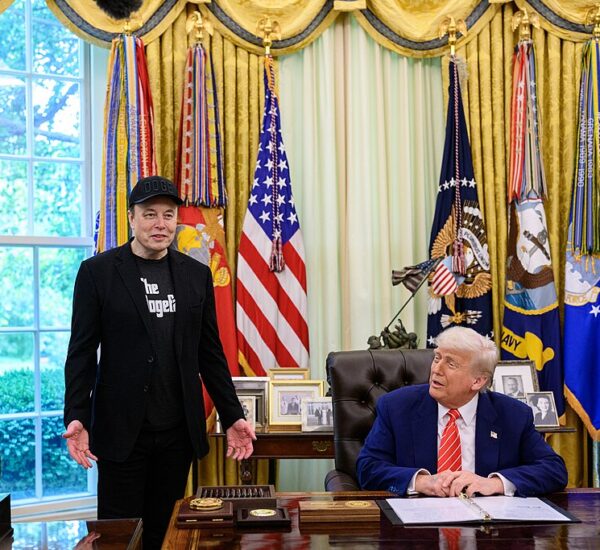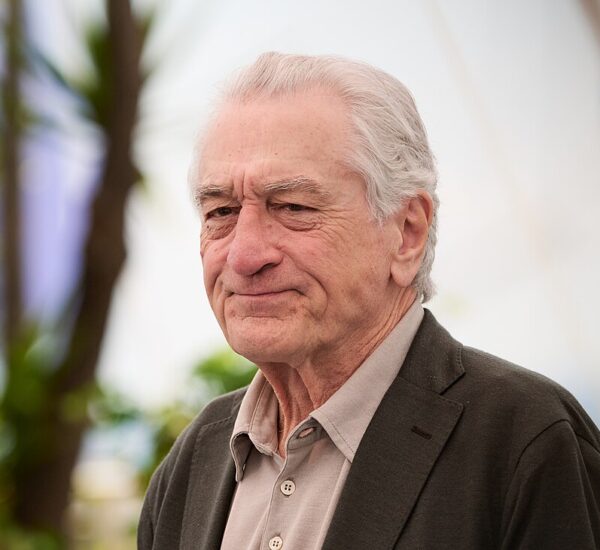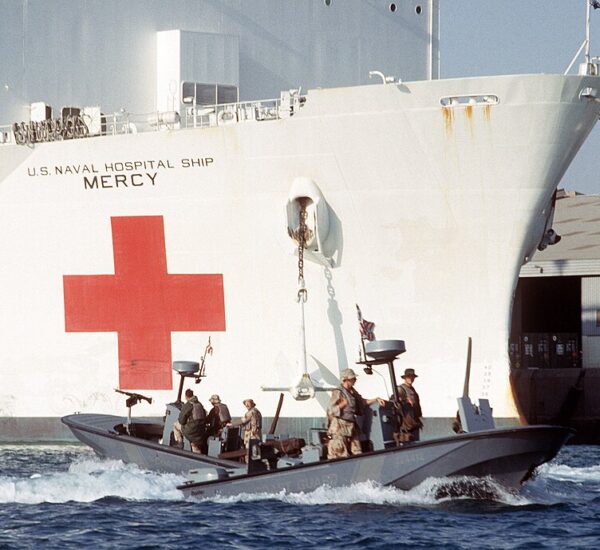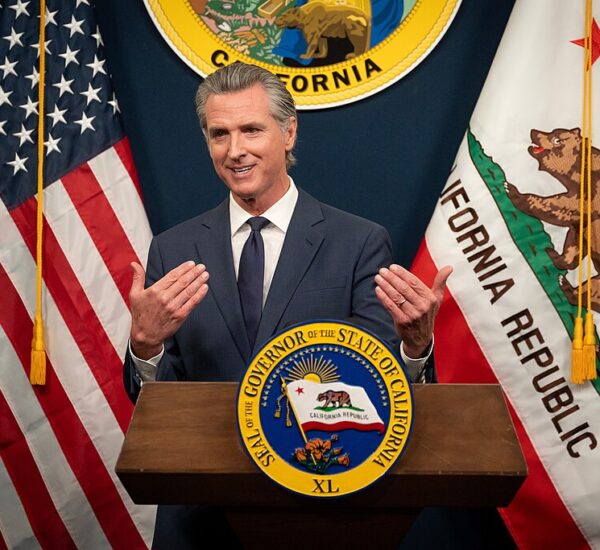Russia wasn’t expecting this.
KYIV, UKRAINE — The U.S. Senate is preparing to introduce one of the toughest economic crackdowns on Russia since the start of the Ukraine war, as lawmakers respond to renewed aggression by the Putin regime.
Senator Lindsey Graham (R-SC), a trusted ally of President Donald Trump, announced that Congress will soon act on a sanctions bill with widespread bipartisan support. The move follows a high-level meeting with Ukrainian President Volodymyr Zelensky in Kyiv.
Graham: “Senate Will Move Next Week” on Russian Sanctions
“I would expect the Senate to start moving the sanctions bill next week,” said Graham. “There are House members ready to act, and I believe we’ll see meaningful congressional action. President Trump has made it clear—what happens in the next two weeks will determine our path forward.”
The bill under discussion would impose a 500% tariff on Russian oil, gas, uranium, and other strategic exports—crippling revenue sources for Vladimir Putin’s war machine.
Bipartisan Backing Builds — But Trump Allies Are Leading
Though the legislation is still being reviewed in the Senate Banking Committee, it has gathered support from at least 82 senators, according to Graham. Both he and Sen. Richard Blumenthal (D-CT) support the measure despite not serving on the committee.
“I’ve never been more optimistic about bipartisan support on any foreign policy issue,” Graham said. “And when it comes to President Trump, I believe he will support this effort to hold Russia accountable.”
President Trump Signals Tough Stance on Putin
President Trump, who has pledged to end the Ukraine war “on day one” of his second term, recently blasted Russian President Vladimir Putin as “absolutely crazy” following Russia’s largest drone and missile attack yet, which killed over a dozen civilians.
Despite stopping short of announcing new sanctions after the May 25th attack, Trump has repeatedly warned that Russia will face “swift and severe” consequences if it continues its military aggression.
Senate Majority Whip John Barrasso (R-WY) echoed this message on the Senate floor:
“Russia faces a simple choice — peace or crippling sanctions. President Trump is ready to act if Russia refuses to change course.”
Russian Aggression Continues as Talks Collapse
Peace talks between Russia and Ukraine were tentatively scheduled for June 2 in Istanbul, but renewed violence has made diplomacy unlikely.
“Russia is playing a global game of deception,” Graham warned. “They’re funding this war through oil sales to China and India—and the world is paying the price.”
The recent aerial assault involved 355 Iranian-made drones and nine cruise missiles—the most intense single attack since the war began. These actions have destroyed any remaining hopes of meaningful peace, according to top lawmakers.
Trump’s ‘Liberation Day’ Policy Set the Stage
While Trump’s “Liberation Day” policy announcement in April did not include Russia in the 10% global tariff rollout, administration officials say earlier sanctions on Moscow made the new tariffs unnecessary.
However, many in Congress are now pushing for a more aggressive economic strategy—especially as European allies have already implemented sweeping penalties on Russia for rejecting U.S.-backed cease-fire proposals.
“Putin has no interest in peace,” Graham added. “This summer, the United States will play its first card—and it will be a strong one.”
House Republicans Demand Action and Military Aid
Support for tougher sanctions is growing in the House as well.
- Rep. Brian Fitzpatrick (R-PA) supports expanded penalties.
- Rep. Don Bacon (R-NE) has called for increased lethal aid to Ukraine.
“If Ukraine falls, it will go down in history as a failure of will, not a failure of means,” Bacon said. “We have the tools. The question is: do we have the resolve?”
Key Takeaways for American Conservatives
- President Trump remains firm on punishing Russia but seeks smart, outcome-based action.
- Graham and GOP senators are spearheading real consequences for Putin’s regime.
- American energy independence, national security, and strong foreign policy are on the line.


